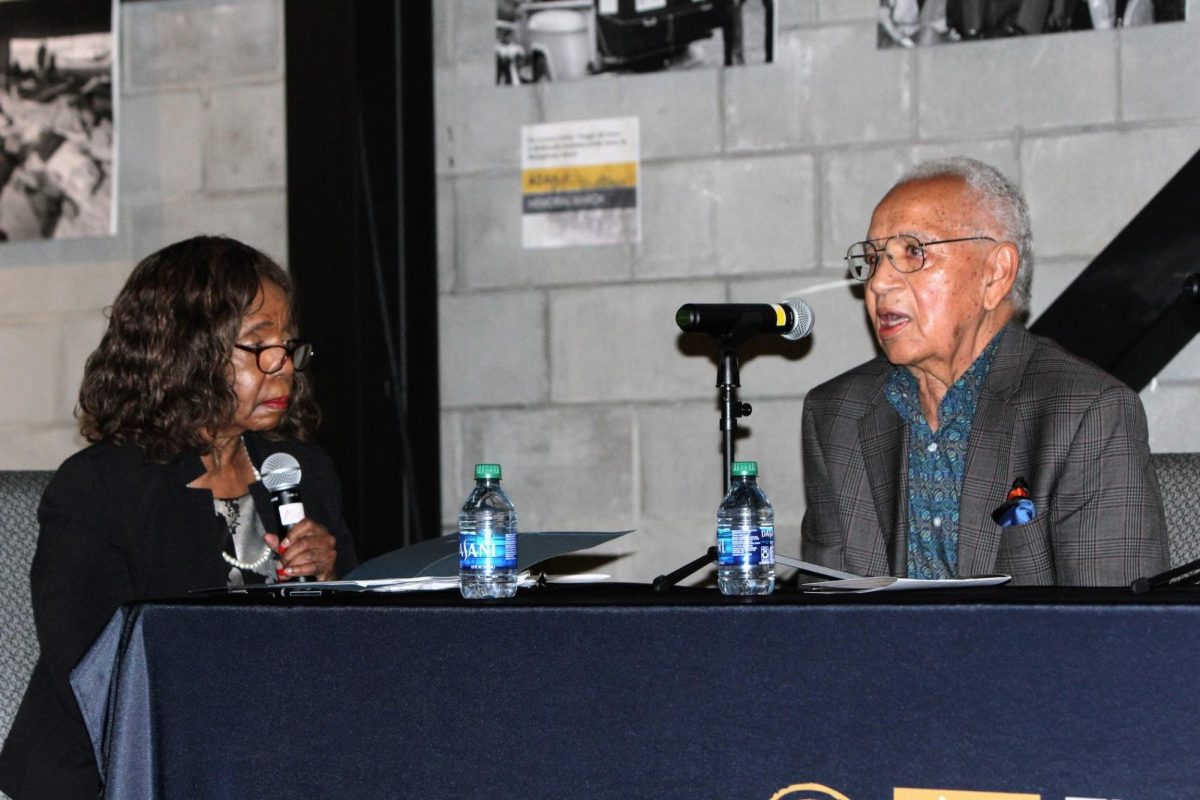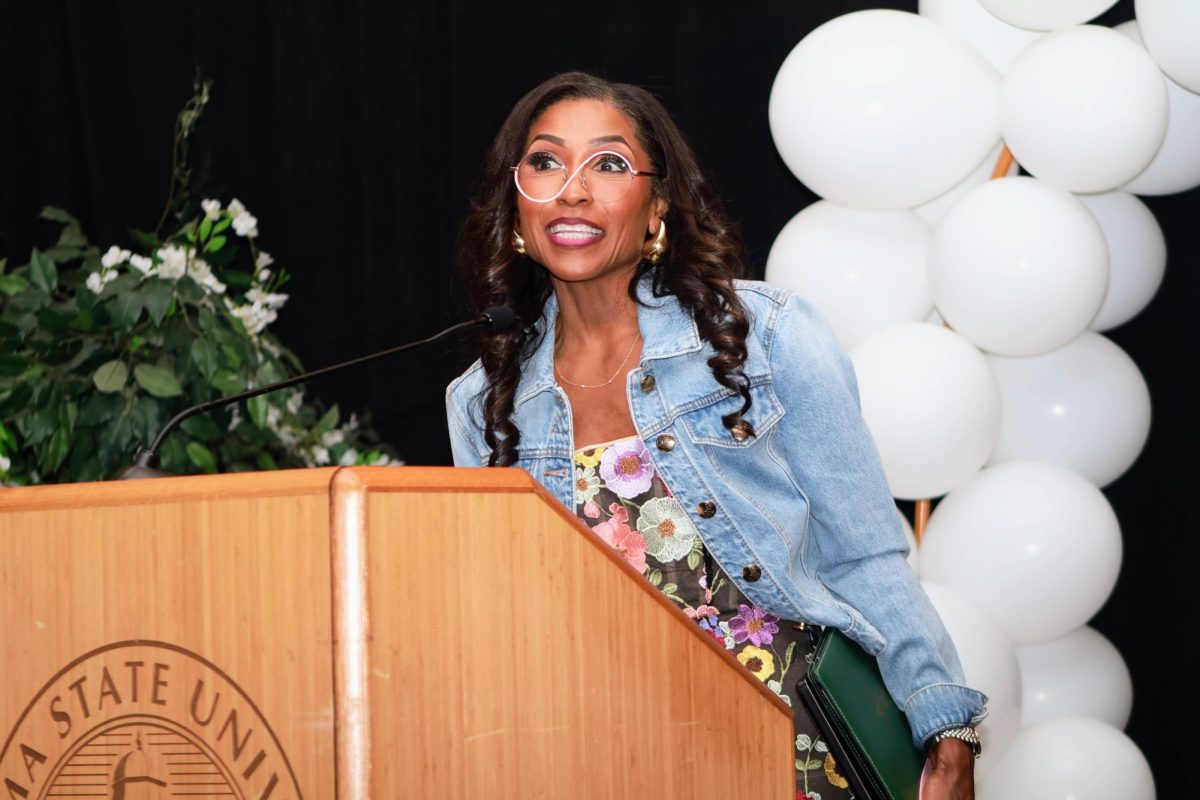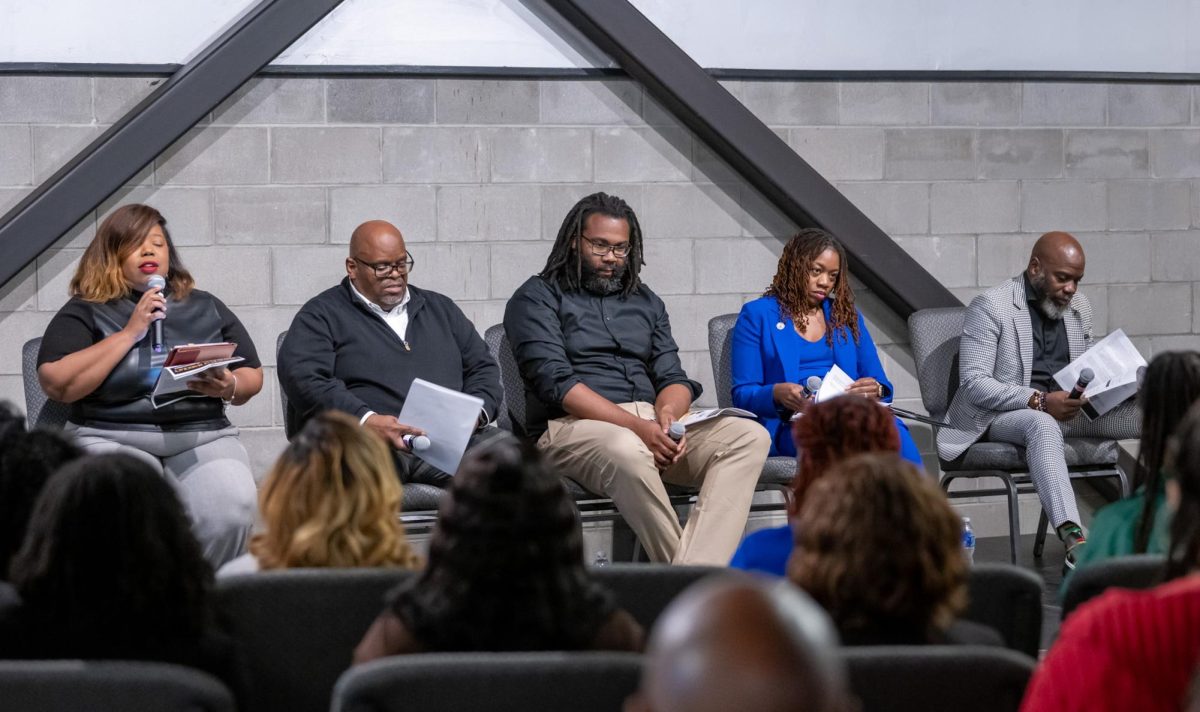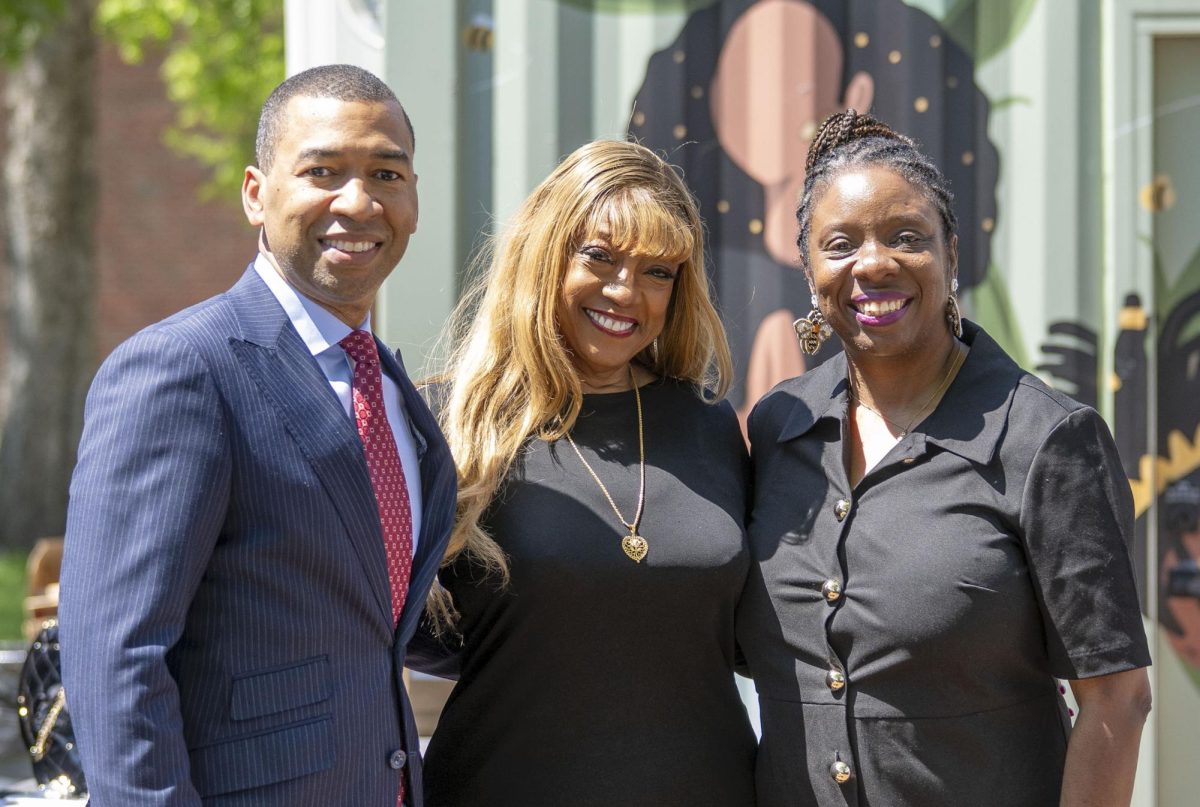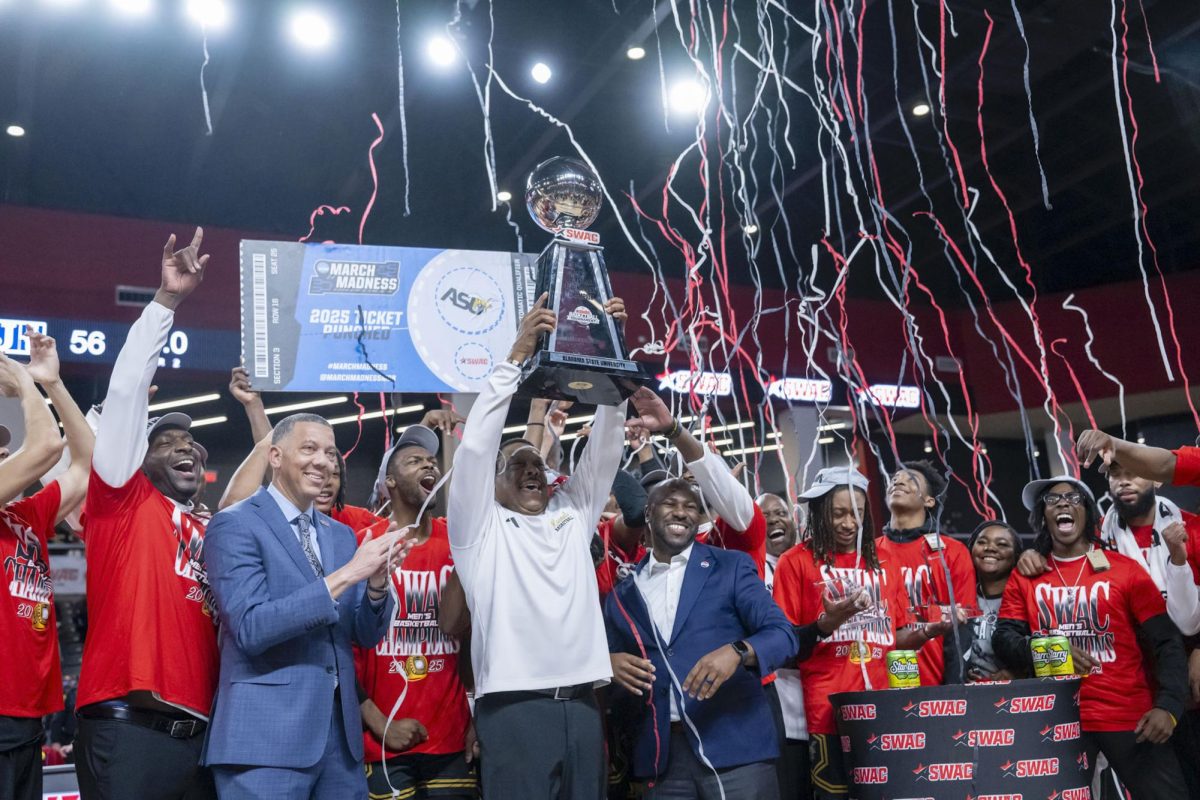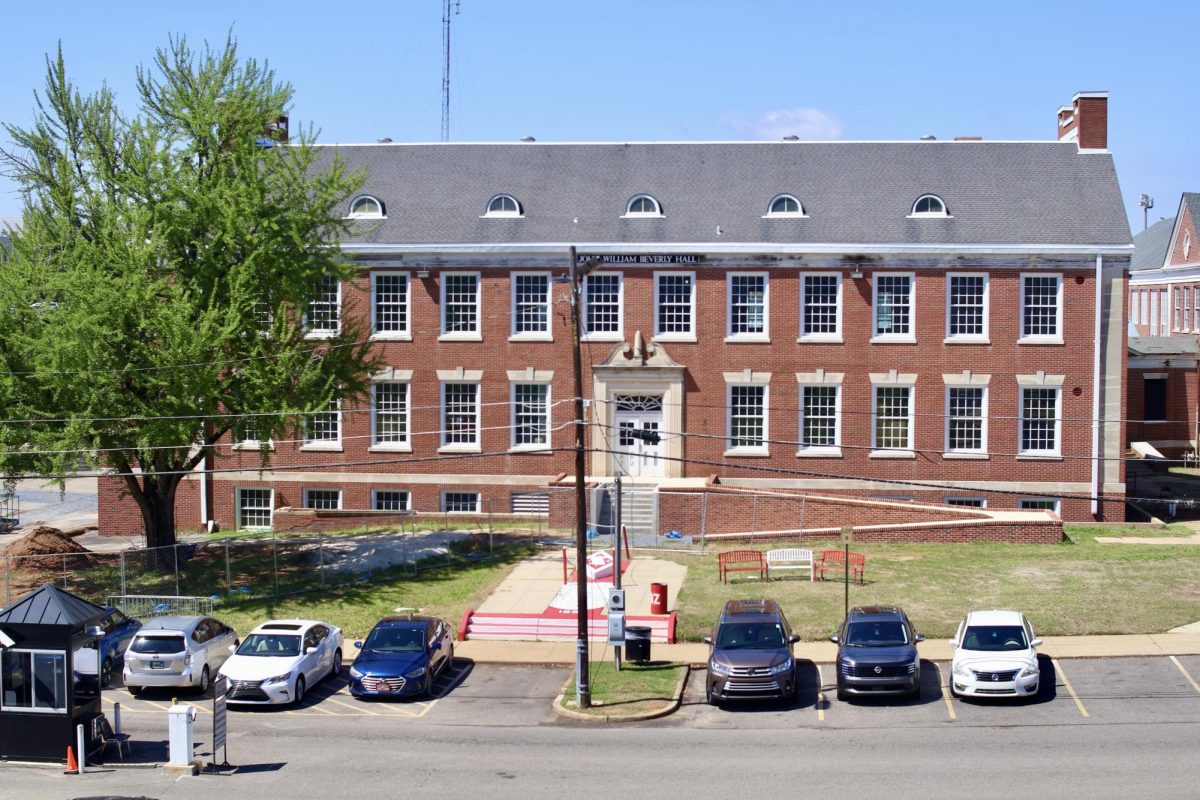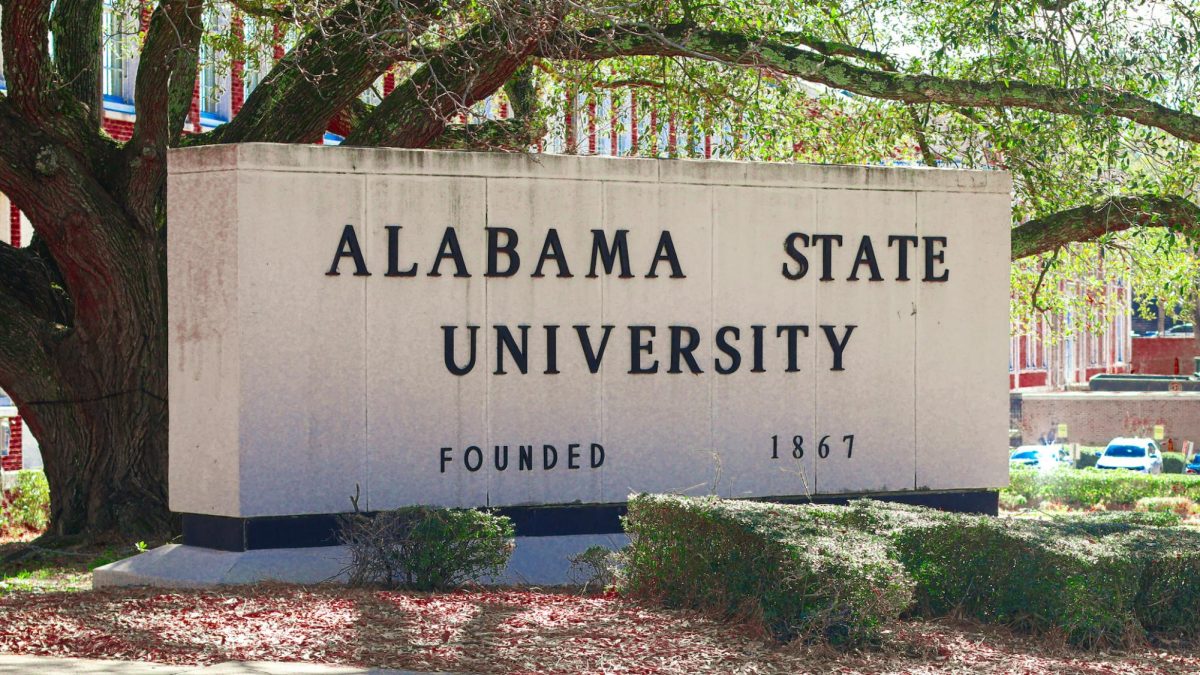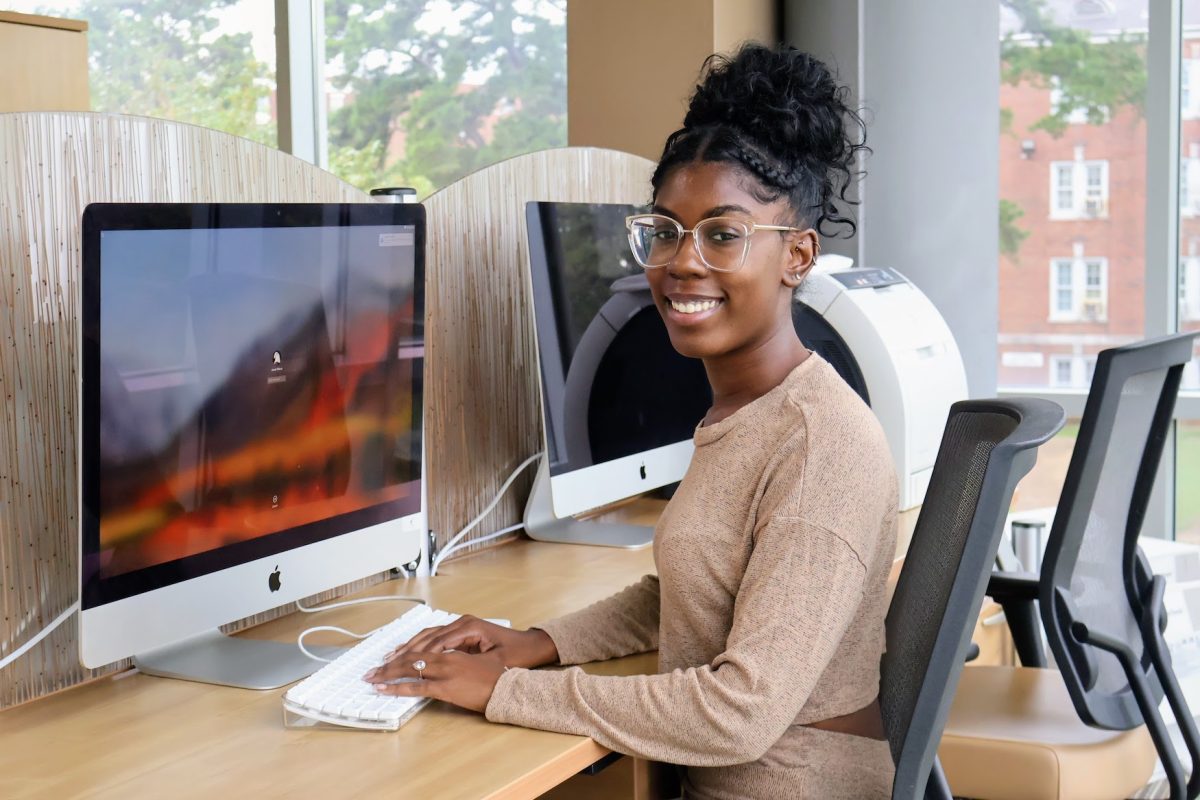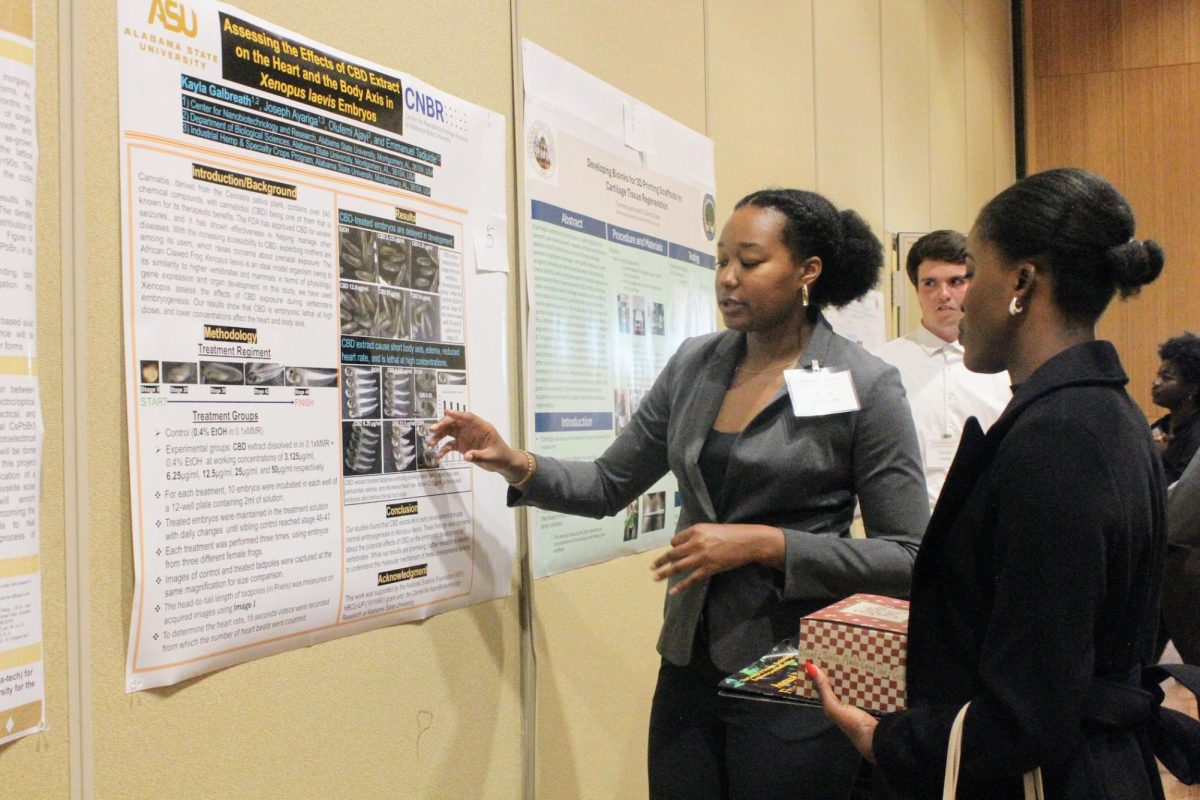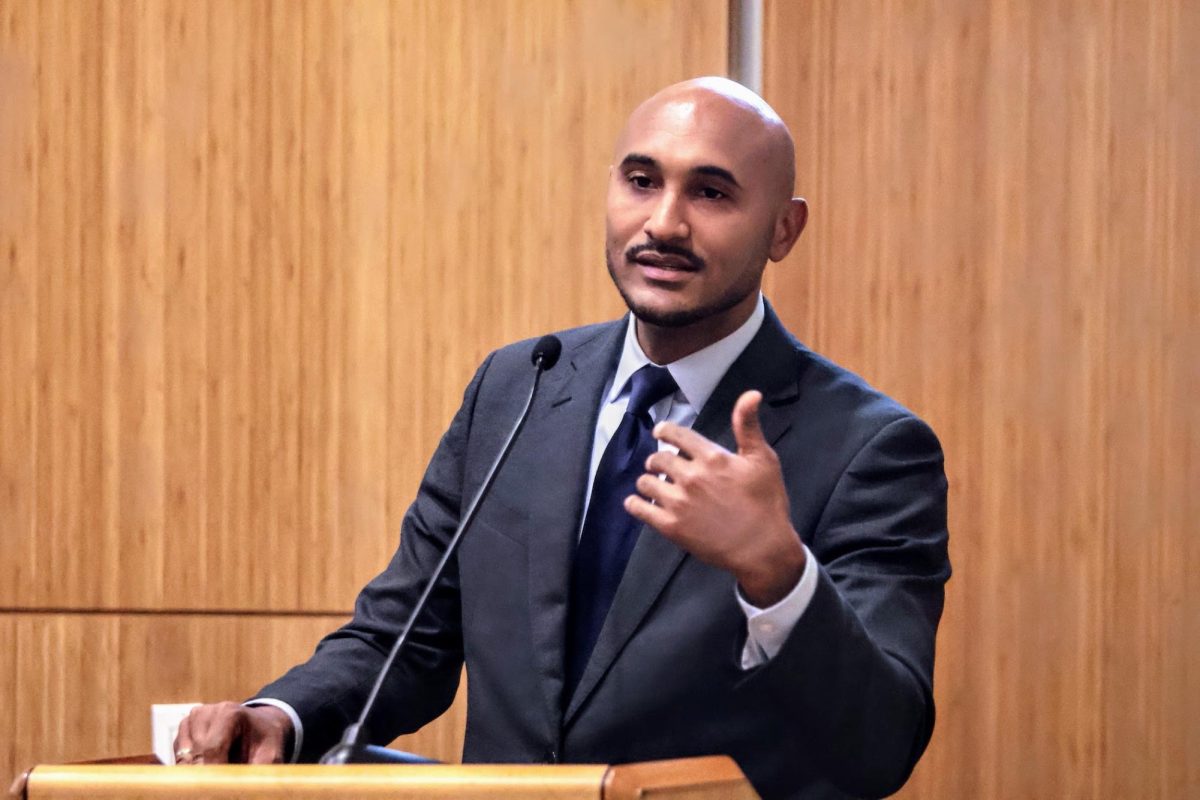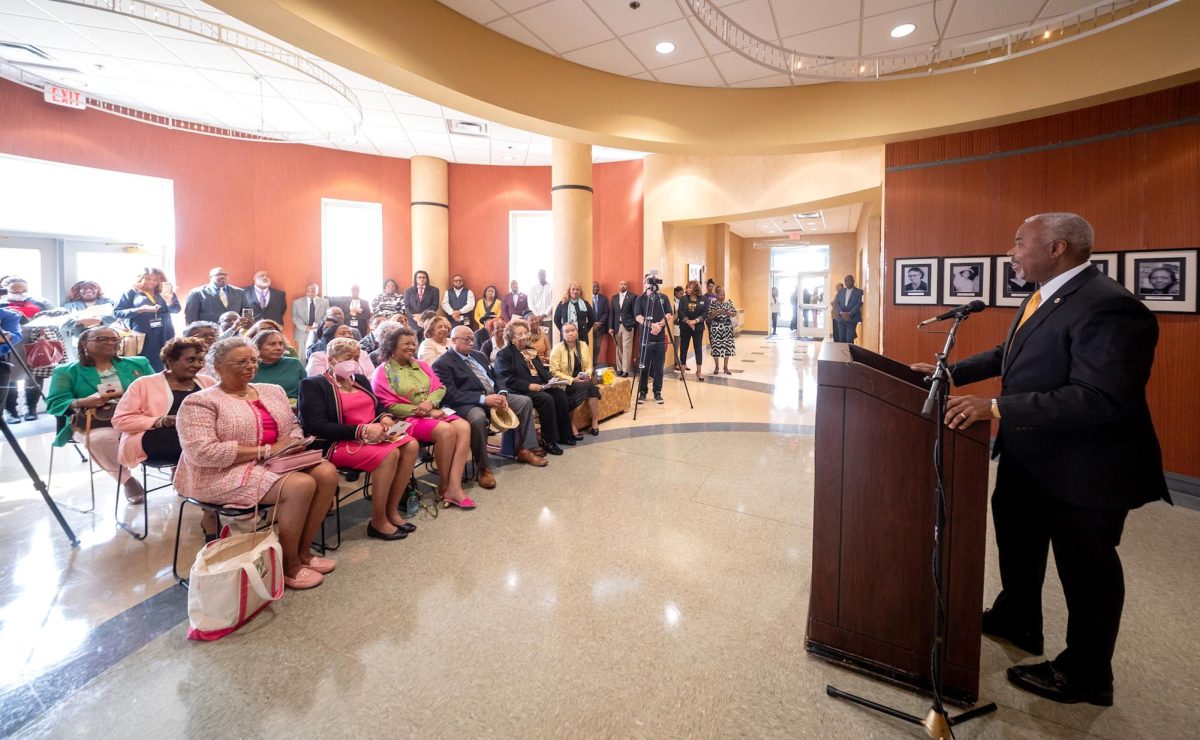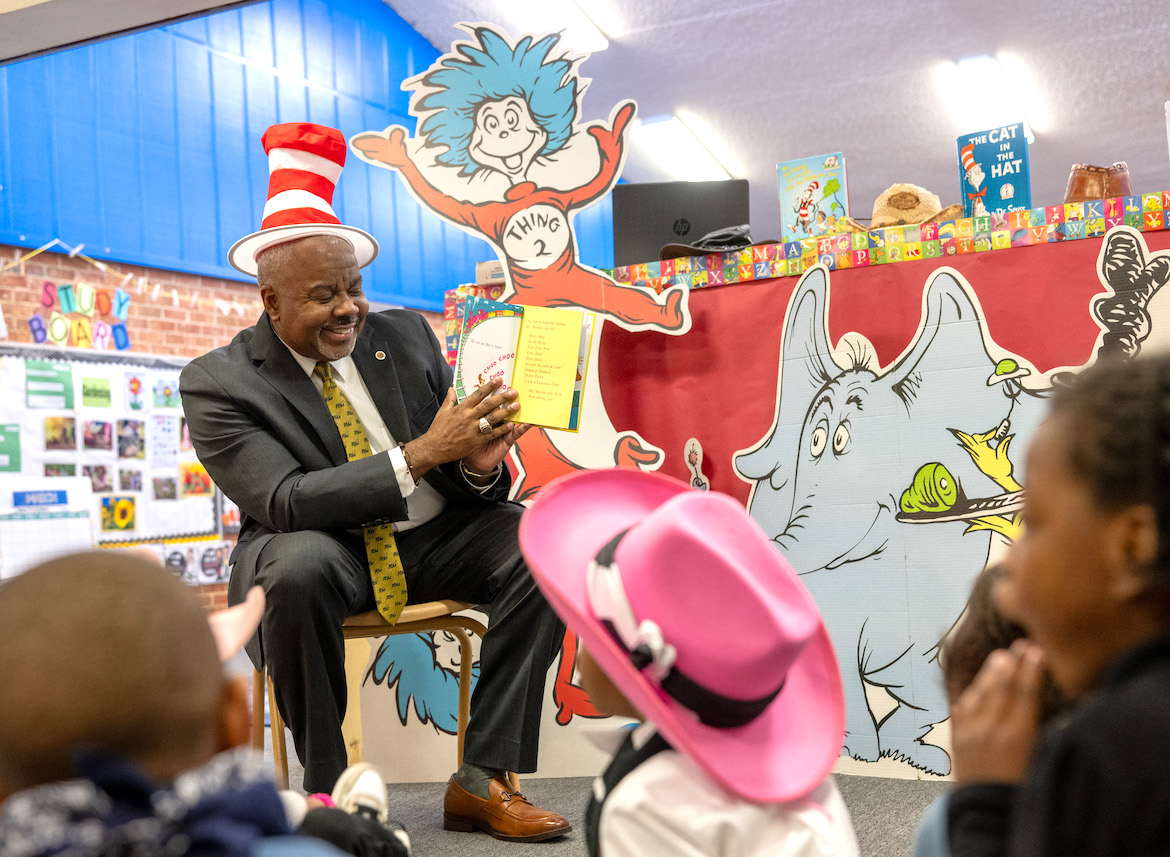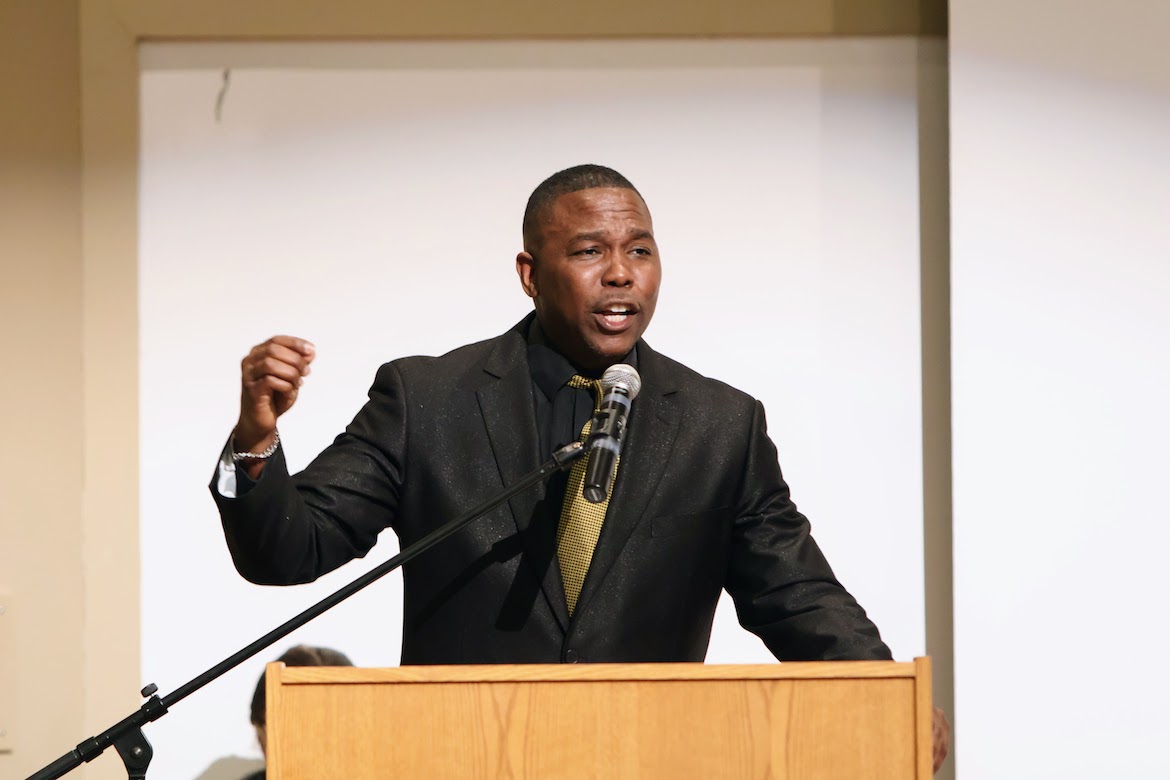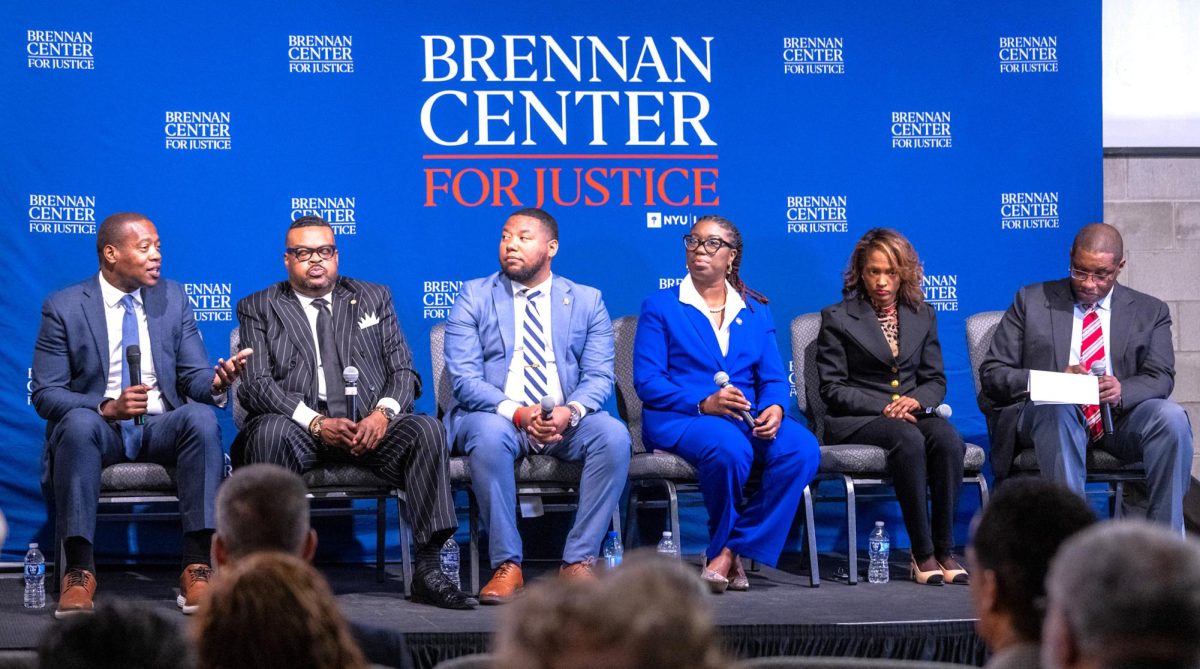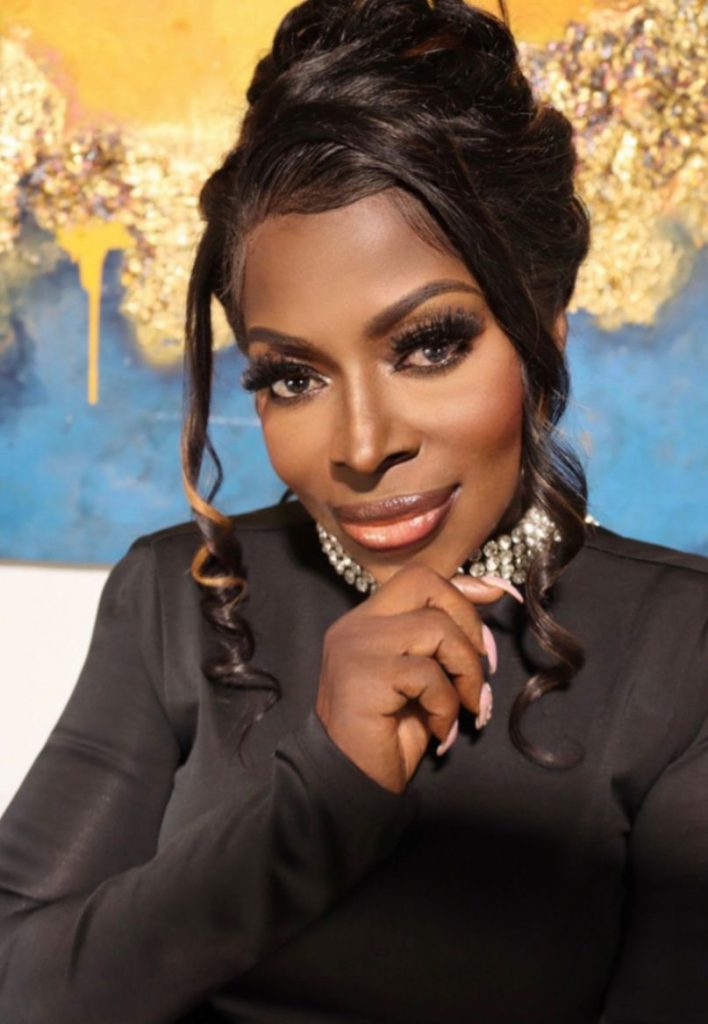Alabama State University honored the life and legacy of civil rights leader Martin Luther King Jr. on Jan. 11, as it sponsored two panels of people who had met King during his life or heard one of his iconic speeches at the National Park Service’s Montgomery Interpretive Center.
Observed on the third Monday of January each year, Martin Luther King Jr. Day (MLK Day) is a federal holiday in the United States marking King’s birthday. King was born on Jan. 15, 1929.
Both panels were hosted by retired professor of history Dorothy Autrey, Ph.D., a consultant of the National Center for the Study of Civil Rights and African American History.
Wanda Anderson, one of the panelist, recounted a humorous story of King visiting her house while her father was drinking beer, to which her father tried to hide the alcohol under the table. Anderson got involved with the event after she was recommended by one of her church members.
“It was exciting, and I was honored,” Anderson said. “I was just a little child when King was at Dexter, but I do have a few fond memories. When I knew him as a child, he was just our pastor, and that was all we really knew about him at that time. But when he left Montgomery, no one knew the heights that he would rise to, though he had done some great things before he left here. It was just always so heartwarming whenever I would see him doing the things that he went on to do, to know that I knew him when.”
King was honored not just by the panelists but by members of the Montgomery community such as Dana Rice, a local soloist who performed “Take My Hand, Precious Lord,” which is infamously King’s favorite song.
The university’s Student Government Association President Landon Hale, also gave a biographical tribute to King. Seventh grader Christopher Robinson from Floyd Middle School also gave a tribute to King by reading excerpts from King’s iconic “I Have A Dream” speech.
“I feel great,” Robinson said. “I’ve never been here before, and just looking at the pictures around the walls, you can just tell that this really focuses on the movement and all the things about African-Americans from the 60s.”
“It’s an honor to host this celebration of the life and legacy of Dr. Martin Luther King,” said Janice Franklin, Ph.D., dean of the Levi Watkins Learning Center (LWLC) and director of the Interpretive Center. “And it’s extraordinary to have an opportunity to really understand the making of this wonderful civil rights leader and humanitarian.”
She continued.
“The reason this is important is very interesting because Dr. King used our library here at Alabama State University to complete his research for his dissertation, and so it’s also wonderful to know that we will have these memories from witnesses and those who walked with him in his footsteps in our archives for future generations to come.”
According to William Ford, president of the Patrons of the National Park Service’s Montgomery Interpretive Center, this preservation of King’s legacy is part of the National Center’s purpose. And it is all the more special to hold events like these in Montgomery, which is widely known as the birthplace of the Civil Rights Movement.
“It’s really an incredible series of events,” Ford said. “As a native of Montgomery, my best friend was the son of Martin Luther King’s best friend and the last deacon that he ordained at Dexter Avenue Church.”
He continued.
“I think that the overarching thing that came out of this event was it showed the human side of Dr. King. We have this tendency to lionize our icons, and righteously so, but at the same time we have to understand and remember that they are ordinary people who were called to do extraordinary things. And Dr. King, even though he’s an icon now, and he seems bigger than life, I think this event shows that Dr. King was an ordinary man. It shows that ordinary people can do extraordinary things, and it tasks all of us to do extraordinary things.”


